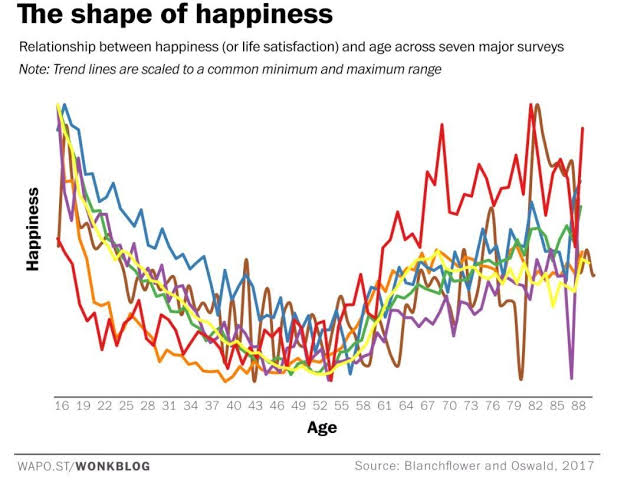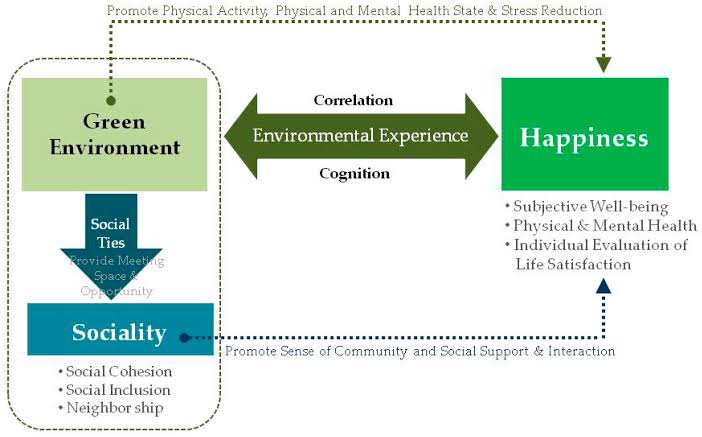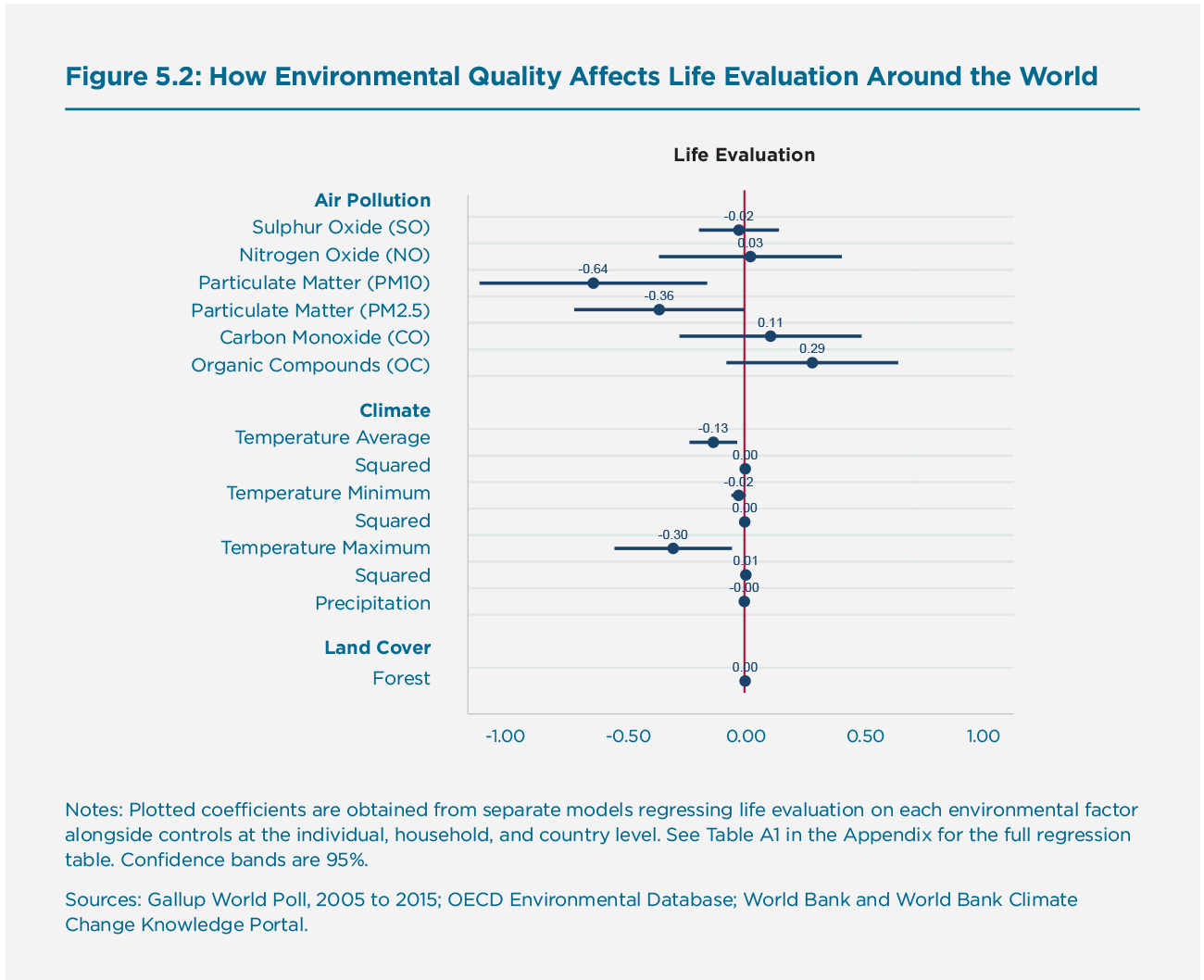What makes happy people happy?
Happiness for One may not be similar for the Other.
This subjective nature of happiness, something so embedded in our lives, ironically makes it incredibly difficult to be defined and really complex to measure.
Different cultural societies may even differently pursue and understand Happiness, at times conflicting to each other’s pursuit.
Quantifying Happiness started in the ancient Greek era, wherein Aristippus (4th century BC) a Greek philosopher had claimed happiness as the sum of life’s ‘hedonic’ moments (sense of pleasure over pain).
Hedonic enjoyment is a state whereby an individual feels relaxed and gains a sense of distance from the problems.
He can then be said to be happy.

Happiness is a treasure that at times may get degenerate. Happy minds produce the best of a resource, that is why it serves as a global goal for many forward countries.
Today is International Happiness Day!
This dedicated day determines the pursuit of happiness as “a fundamental human goal” and promotes a holistic and inclusive approach to public policy and economic growth.
Therefore one can recognise happiness and wellbeing as important pieces of sustainable and equitable development in the puzzle of Life.
World Happiness Index and what is its relevance?
A survey-cum-index of countries based on the synopsis of how happy its respective citizens perceive themselves to be.
The 66th session of the General Assembly of United Nations resolution 66/281 of July 12, 2012, proclaimed March 20 as the International Day of Happiness worldwide.
On this occasion World Happiness Report 2021 has been launched by the UN Sustainable Development Solutions Network.
Happiness economics is a study that analyses relationships between individual satisfaction and economic issues.
Our inherent experiences from several Nations confirm that the countries with higher GDP and higher per capita income are not necessarily the happiest countries in the World.
Hence, there exists a link between the state of happiness, good governance, citizens welfare and rule of law.
Bhutan’s Gross National Happiness index is an economic metric that is frequently used by the people who study happiness economics.
It is based on 9 quality-of-life factors like,
- Psychological well-being
- Good governance
- Cultural diversity and resilience
- Ecological diversity and resilience etc.
This year’s World Happiness Index focuses on the effects of COVID-19 and how people all over the world have fared.
Aim for Index 2021:
1. Focus on the impacts of COVID-19 on the structure and quality of people’s lives.
2. Describe and evaluate how governments all over the world have dealt with the pandemic.
With this, it will become easier to explain why some countries have done so much better than others during the Pandemic and thereby utilise this data to perform and sustain Human lives better.
Happiest and Unhappiest Countries:
Finland is ranked as the happiest country in the world for the fourth consecutive year, to be followed by Iceland, Denmark, Switzerland.
The war-torn and civil unrest struck Afghanistan hosts the most unhappy people followed by Zimbabwe (148), Rwanda (147), Botswana (146) and Lesotho (145).
India has groped 139th rank in total 149 countries appearing in the Index.
Data coalescence in India:
Through both in-person surveys and telephone samples of the survey, people’s attitudes had been recorded.
Surveys ask respondents to indicate on scale of 1-10 (with the best possible life for them being a 10, and the worst possible life being a 0) for questions from the Gallup World Poll along the following parameters on an equal footing:
1. GDP per capita
2. Average Life expectancy
3. Generosity or kindness
4. Social support
5. freedom to make Life choices
6. Corruption
Happiness ‘A Must have’ for India?
According to the World Happiness Report, while India’s GDP may have doubled in the last decade, its average happiness has significantly declined by about 1.2 points.
Being a developed Nation, we have plethora of problems around.
We need to develop as a country, citizenry needs to raise its standard of living, our nature and climate may threaten our survival.
Numerous stresses may trickle down to our souls and may lead to Depression that requires additional and excessive resource allocation to help enable a potential workforce that can otherwise adversely affect their organization’s productivity.
Can Sustainability accentuate Happiness?
According to a 2020 research from the University of Oxford, progressive and gradual move towards the UN’s Sustainable Development Goals covering climate change adaptation to Poverty and Hunger reduction, has a positive correlation with person’s wellbeing.
We understand that creating an equitable life front may be problematic for a few in due time but may yield best life forms if fetched at appropriate pace and appropriate time.
Therefore, though some short-term efforts towards sustainability may have a negative impact on human psyche, study reveals that long-term environmental measures have a positive impact on well-being.
Indirect impact of Nature on Happiness and Wellbeing:
Green, pollution free and absolutely natural environments may also have certain indirect positive impacts through behavioral change like increased physical exercise or social interaction, through the provision of public, open space, which improves mental or physical health and longevity, and thereby happiness.
Absence of environmental stressors such as air or noise pollution, which are known to cause respiratory and cardiovascular diseases and heightened stress levels is essential for human growth.
We Humans have a bleak and limited foresight if asked about satisfaction in life, even though it includes everything respondents may or may not know about their lives—current, past, and future.
Human well-being and ecological sustainability complements each other because a stronger well-being may anyhow lead to more pro-social thinking and behavior, which, in turn, facilitate the ability to address collective challenges.
The countries with the highest levels of social trust tend to be those with the strongest environmental protections.

Therefore climate consensus can only be achieved with excellent well-being.
What keeps Nordic countries consistently happy?
Fulfilling one’s duty to the Planet with a combination of carbon taxes, incentives for renewable energy and an ambitious social policy, has allowed the Nordic countries to switch from fossil fuels, without punishing low-income families with higher energy bills.
The lead author of the study claims:
“We find a strong correlation between achieving sustainable development and self-reported measures of well-being.
People are willing to pay for observably cleaner air and there is evidence to suggest that being exposed to nature improves mental health.”
Life has a tendency to provide any person with what they need, in order to grow but any more desire may lead to gross Unhappiness in Life.
People of spirit may agree here.
Rather than buying more material goods, we can resort to buying good experiences from life and learn in their due spirit.
Happiness may be purely internal bliss and an intangible feeling but it radiates out to promote everyone’s welfare.
It becomes important to understand that global good can’t be achieved through a top-down approach, rather it requires a bottoms-up approach with roots inculcated within a soul of an individual.




